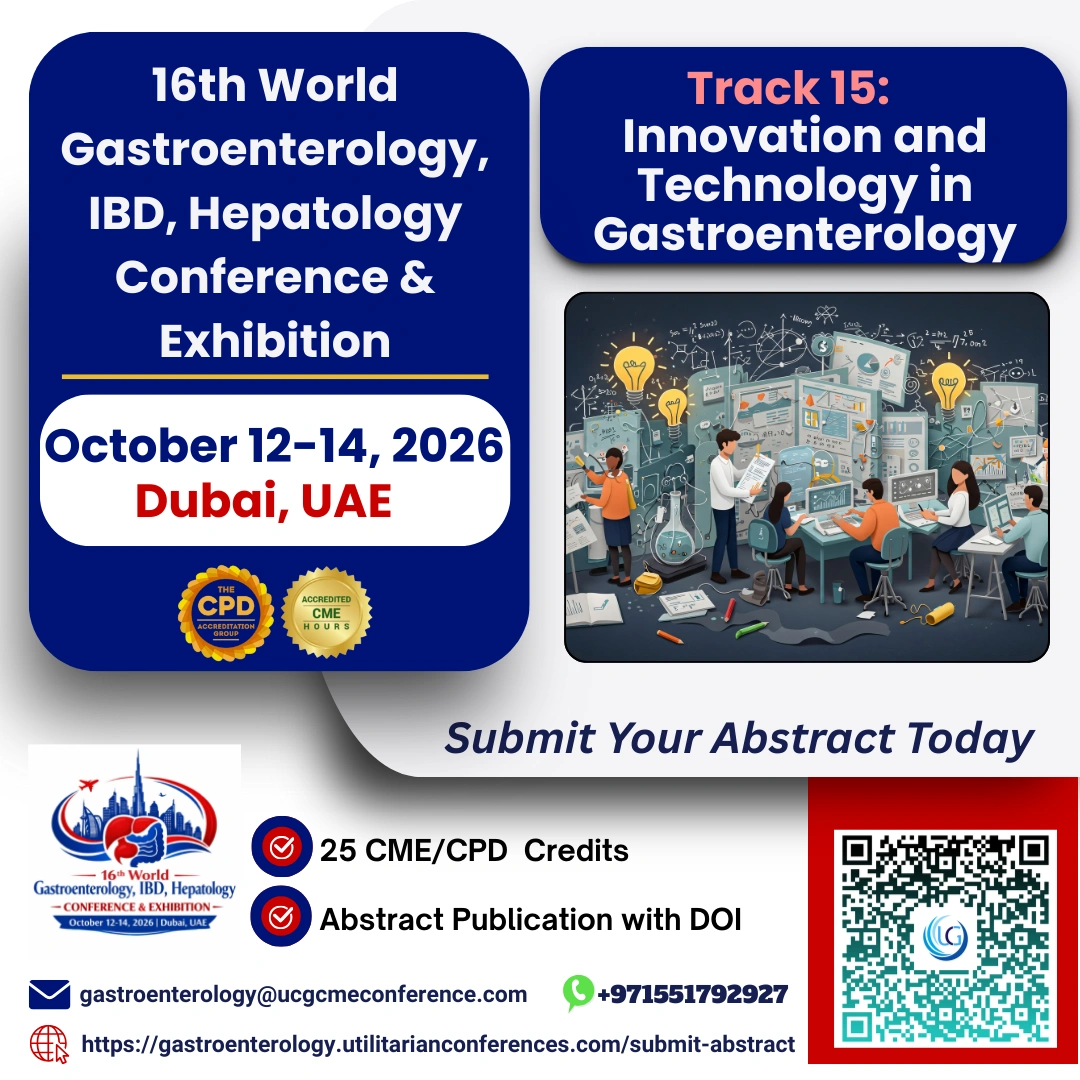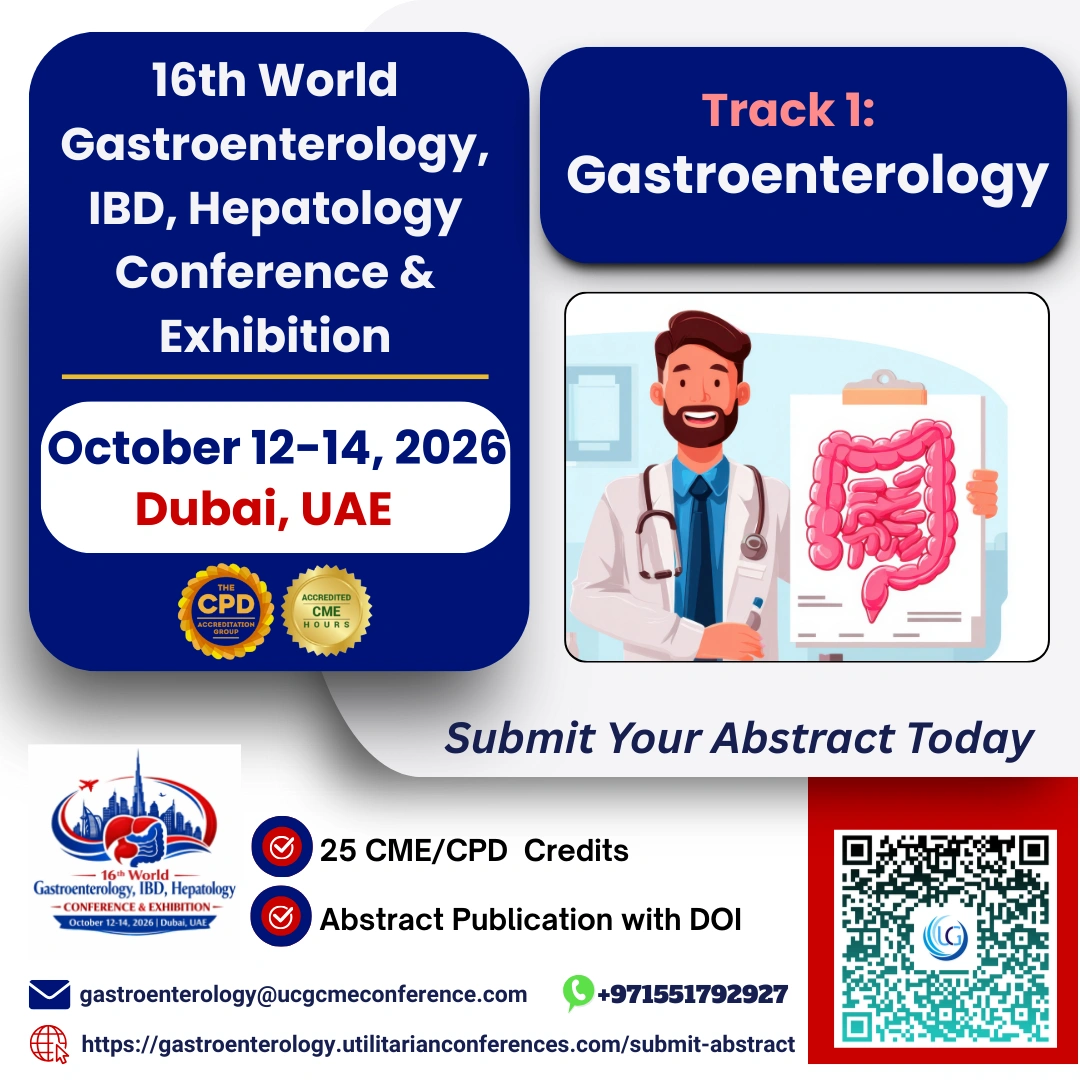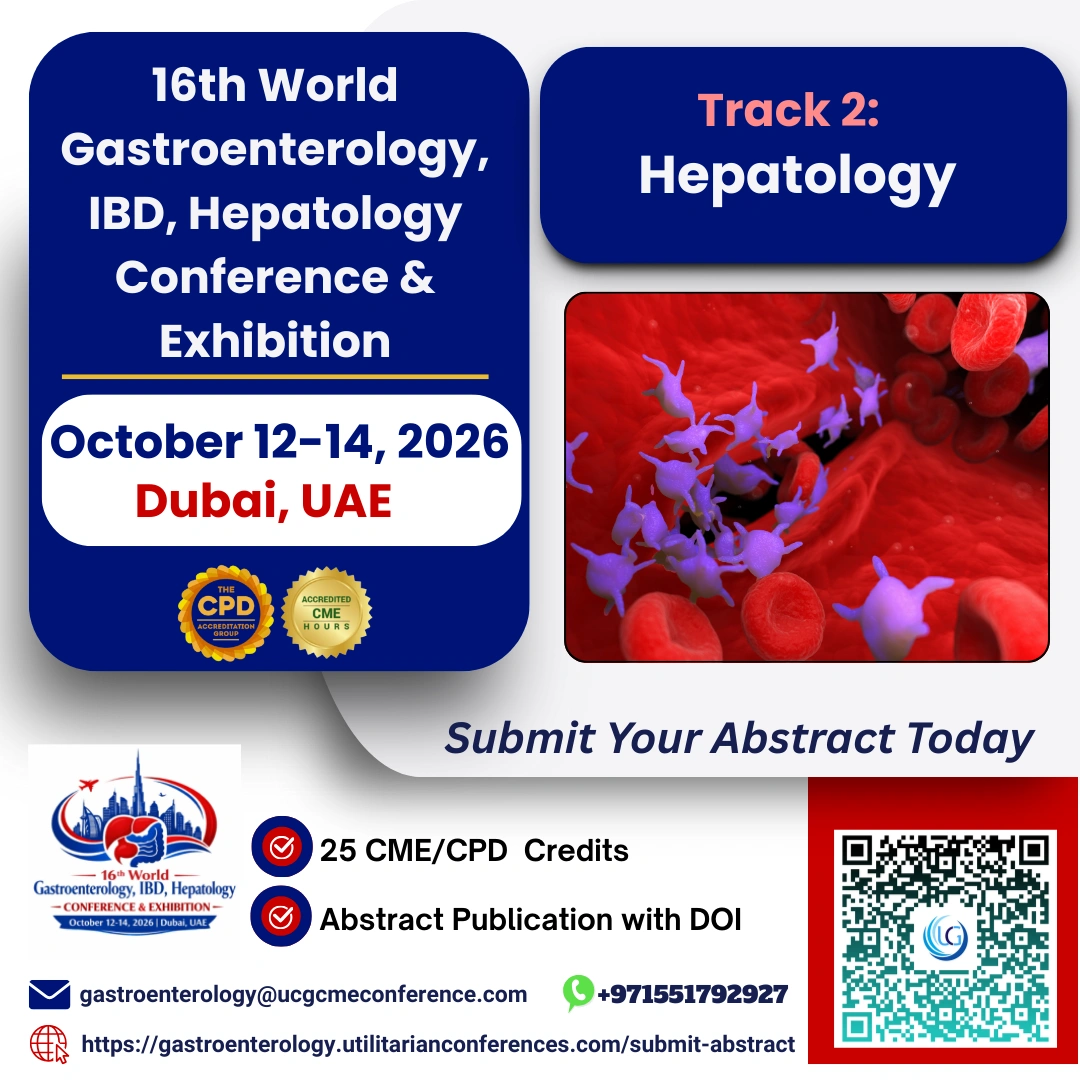



Gastroenterology is the study of the normal function and diseases of the...

What is Hepatology?
Hepatology is a specialized branch of medicine focused...

Innovation and Technology in Gastroenterology about:
In the field of gastroenterology, innovation and technology are driving significant advancements in both diagnosis and treatment. Here’s an overview of some key areas:
1. Endoscopic Techniques: Modern endoscopy has greatly improved with high-definition imaging, capsule endoscopy (a small, swallowable camera that provides images of the digestive tract), and advanced techniques like endoscopic ultrasound (EUS). These technologies enhance visualization and diagnostic accuracy.
2. Artificial Intelligence (AI): AI and machine learning algorithms are increasingly being integrated into gastroenterology. They assist in analyzing endoscopic images, predicting disease outcomes, and personalizing treatment plans. AI can improve early detection of conditions like colorectal cancer and inflammatory bowel disease.
3. Robotic Surgery: Robotic-assisted surgical systems offer precision and control that can lead to less invasive procedures and quicker recovery times. They are used for various gastroenterological surgeries, including those for obesity, colorectal cancer, and hernias.
4. Biomarkers and Genomics: Advances in genomics and the identification of biomarkers are helping to tailor treatments to individual patients. For example, genetic testing can guide the management of diseases like Crohn’s disease and ulcerative colitis.
5. Smart Devices and Wearables: Devices that monitor gastrointestinal health in real-time, including smart pills and wearable sensors, provide valuable data for managing chronic conditions and improving patient outcomes.
6. Telemedicine: Remote consultations and monitoring have become more prevalent, allowing for more flexible management of chronic gastrointestinal conditions and improving access to specialist care.
I.
Advanced Endoscopic Equipment:
Researchers and clinicians are working on improving endoscopic tools to provide
clearer images, better navigation, and more precise interventions. This
includes developing smaller, more flexible instruments and incorporating
technologies like high-definition imaging and real-time data analytics.
II. Capsule Endoscopy: The ongoing development of swallowable capsules with enhanced imaging capabilities allows for a non-invasive examination of the entire gastrointestinal tract, which is particularly useful for detecting conditions in parts of the GI tract that traditional endoscopy might miss.
I.
AI in Diagnostics: AI algorithms are
being trained to analyze endoscopic images and identify abnormalities with high
accuracy. This work involves developing and validating machine learning models
that can assist in detecting diseases such as colorectal cancer, precancerous
lesions, and inflammatory bowel disease.
II. Predictive Analytics: AI is also used to predict disease progression and outcomes based on patient data, helping to personalize treatment plans and improve patient management.
I.
Surgical Robotics: Teams are working on
enhancing robotic systems for more precise surgical interventions. This
includes refining robotic platforms to improve dexterity and control during
surgeries, such as those for colorectal cancer or bariatric procedures.
II. Training and Simulation: Developing training programs and simulation tools for surgeons to master robotic techniques is an ongoing effort, aiming to improve safety and effectiveness.
I. Biomarker Discovery: Research into genetic markers and biomarkers helps in understanding the genetic basis of gastrointestinal diseases and tailoring treatments to individual genetic profiles.
II. Pharmacogenomics: This involves studying how genetic variations affect patient responses to medications, leading to more personalized and effective treatment strategies for gastrointestinal conditions.
I. Smart Devices: Innovators are creating smart pills and wearable sensors to monitor gastrointestinal health continuously. These devices can provide real-time data on various parameters, such as pH levels, motility, and temperature, which helps in managing chronic conditions.
II. Telemedicine Platforms: The development of telemedicine tools facilitates remote consultations and monitoring, improving access to care and enabling more convenient management of gastrointestinal disorders.
I.
Clinical Trials: Conducting clinical
trials to test new technologies and treatments is crucial for bringing
innovative solutions to practice. This involves designing studies, recruiting
participants, and analyzing data to ensure safety and efficacy.
II. Regulatory Compliance: Ensuring that new technologies meet regulatory standards and guidelines is a key aspect of innovation in gastroenterology. This includes navigating the approval process with agencies like the FDA or EMA.
Overall, the work in innovation and technology in gastroenterology focuses on enhancing diagnostic and therapeutic methods, improving patient outcomes, and advancing the field through research and development.
Sub Track: Regulatory Compliance, Robotic-Assisted Procedures, Genomics and Personalized Medicine, Robotic Surgery, Artificial Intelligence, Endoscopic Techniques, Biomarkers and Genomics, Smart Devices and Wearables, Advanced Endoscopic Equipment, Integration of Artificial Intelligence, AI in Diagnostics,